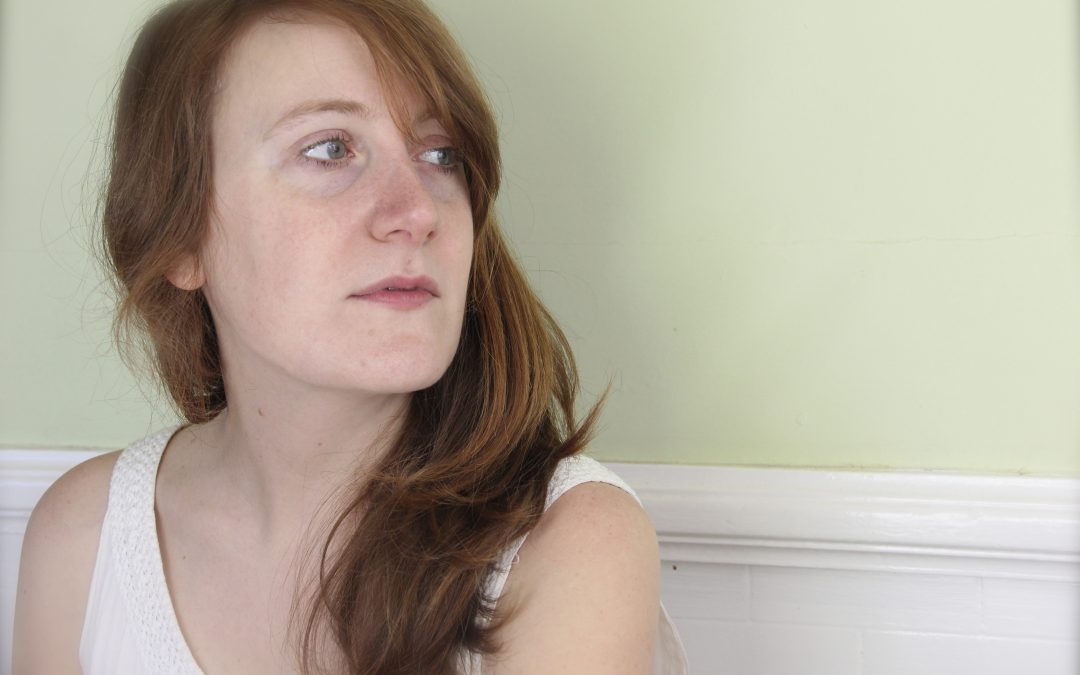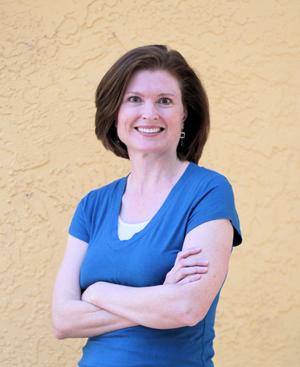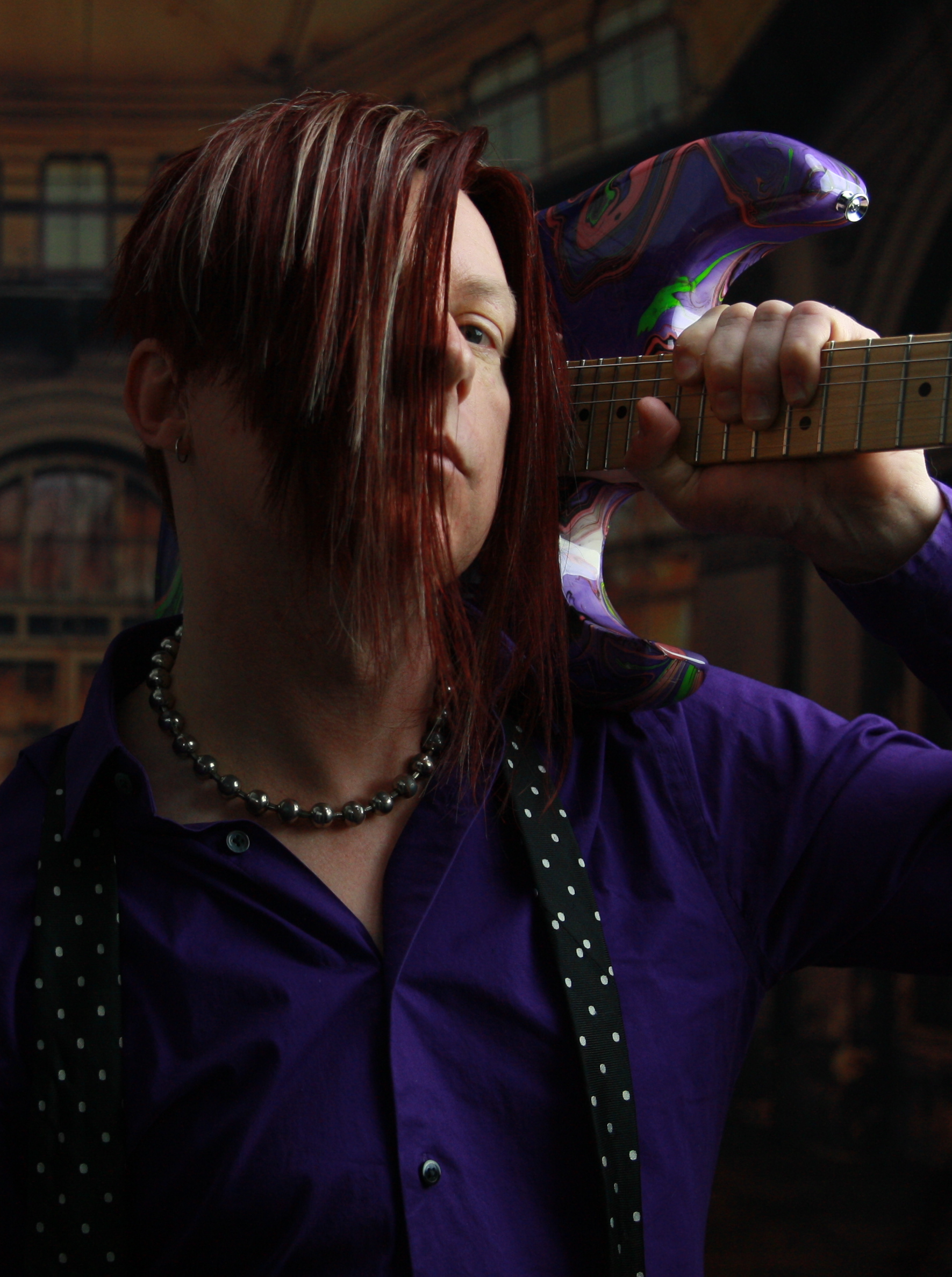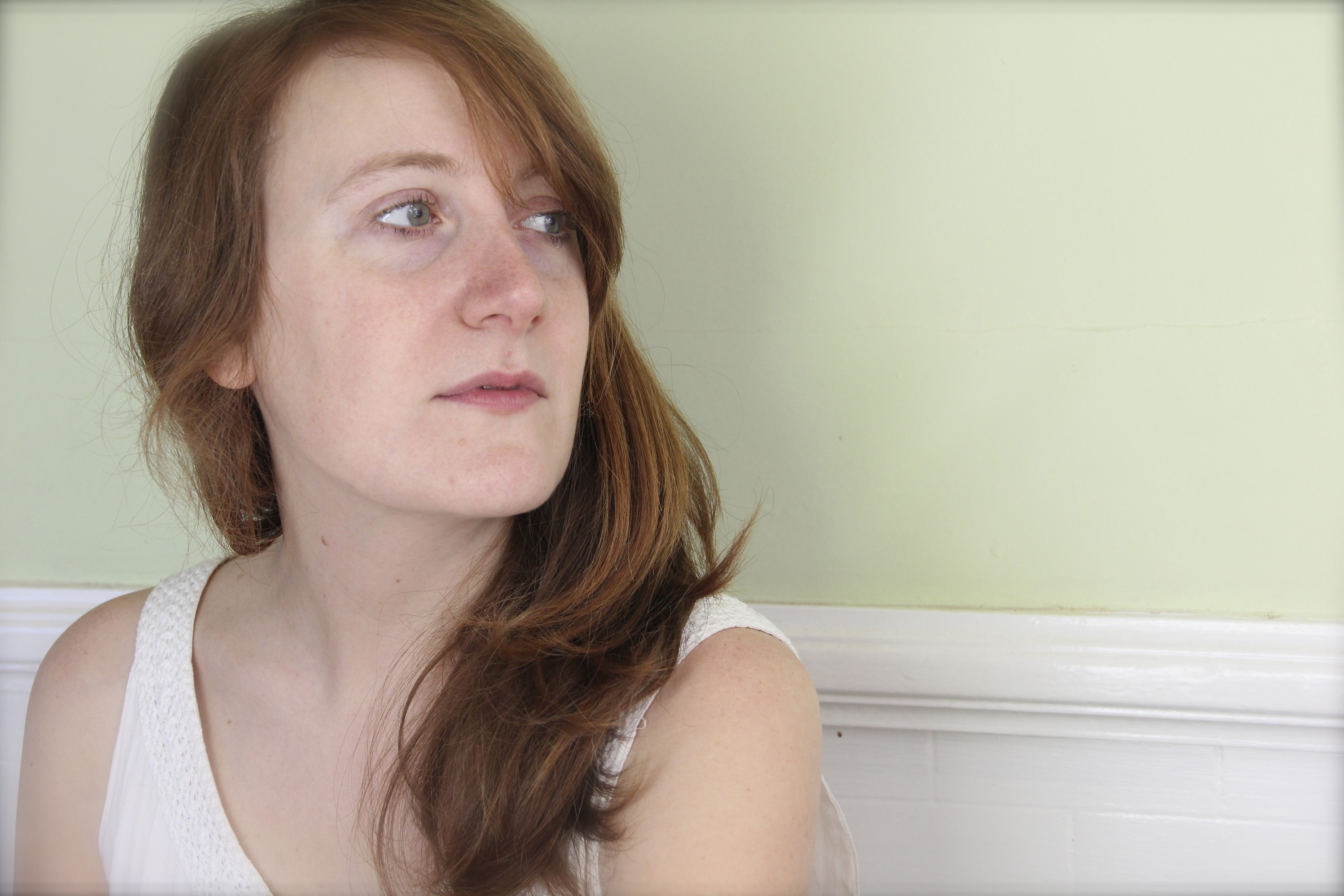 I’ve always loved a wide variety of music, from rock to soul to R&B to country. These days I’m particularly fond of a unique style of music usually labeled Americana, roots rock or alt country. To me, it all boils down to finely crafted songs with interesting, well-written lyrics that evoke something in me as a listener. In that regard, through the awesome folks at KPIG Radio in Santa Cruz I recently became familiar with a great young band out of Asheville, North Carolina called the Honeycutters. Since we haven’t had a songwriter here at the Open Mic, I figured it was time. Thankfully, their lead singer/songwriter Amanda Anne Platt was kind enough to sit down with me to share her insights into the art and craft of songwriting.
I’ve always loved a wide variety of music, from rock to soul to R&B to country. These days I’m particularly fond of a unique style of music usually labeled Americana, roots rock or alt country. To me, it all boils down to finely crafted songs with interesting, well-written lyrics that evoke something in me as a listener. In that regard, through the awesome folks at KPIG Radio in Santa Cruz I recently became familiar with a great young band out of Asheville, North Carolina called the Honeycutters. Since we haven’t had a songwriter here at the Open Mic, I figured it was time. Thankfully, their lead singer/songwriter Amanda Anne Platt was kind enough to sit down with me to share her insights into the art and craft of songwriting.
Open Mic: First of all, I’m a huge huge fan of all kinds of music. And I’m fascinated with the concept that songwriters have to tell their entire story – the plot, characters, subplots – in around three minutes, all accompanied by music. Which really makes what I do seem trivial. So, tell me, what makes up a great song for you, whether you are writing it or listening to it?
Platt: It’s interesting that you think what I do makes what you do seem trivial. I write prose as well, and other than if I’m taking a workshop or something, I never written anything of length. You have to know the whole story when you’re writing a song obviously, but there’s so much more you can leave to suggestion. But when I’m listening to a song, I like it because there’s space for me to plug myself and my own life into that. I think that’s what resonates with people about pretty much any art. With songwriting, I really like it when I can latch on to a couple of lines and feel like ‘yes, yes, oh my god that’s so true for me.’ So I guess that a good song boils the story down to just the very basic emotion of it. So then it’s more accessible to more people.
Open Mic: I grew up as a huge Elton John fan. You probably know that Elton wrote all the music and Bernie Taupin would write all the lyrics, but that they never worked together until Elton had worked out everything about the music and Bernie had worked out everything about the lyrics. Then they would sit down and try to figure out how they fit together. That’s how they crafted songs, which is very unique. Tell me a little bit about how you write songs. Do you generally start with lyrics and then work towards the music? Do work off a tune? Or something in between?
Platt: I’m always creating lyrics. It’s maybe only happened to me ten times in my life as a songwriter where I had a melody that I wanted to remember and would record so I could do the lyrics later. That very rarely happens to me. But I’m always writing lyrics. The way it usually happens for me is I’ll pick up my guitar and I’ll start strumming or finger picking and then, if I have one lyric that’s in my head, I’ll figure out how that fits and how I want to say it or sing it. And then I build around that. I don’t write lyrics separate from music. I get lines, or sometimes I get a whole verse, but it kind of needs to be both for me. I could never just have a whole song that I wrote without knowing what the melody was. And I would never just have a whole song composed without lyrics.
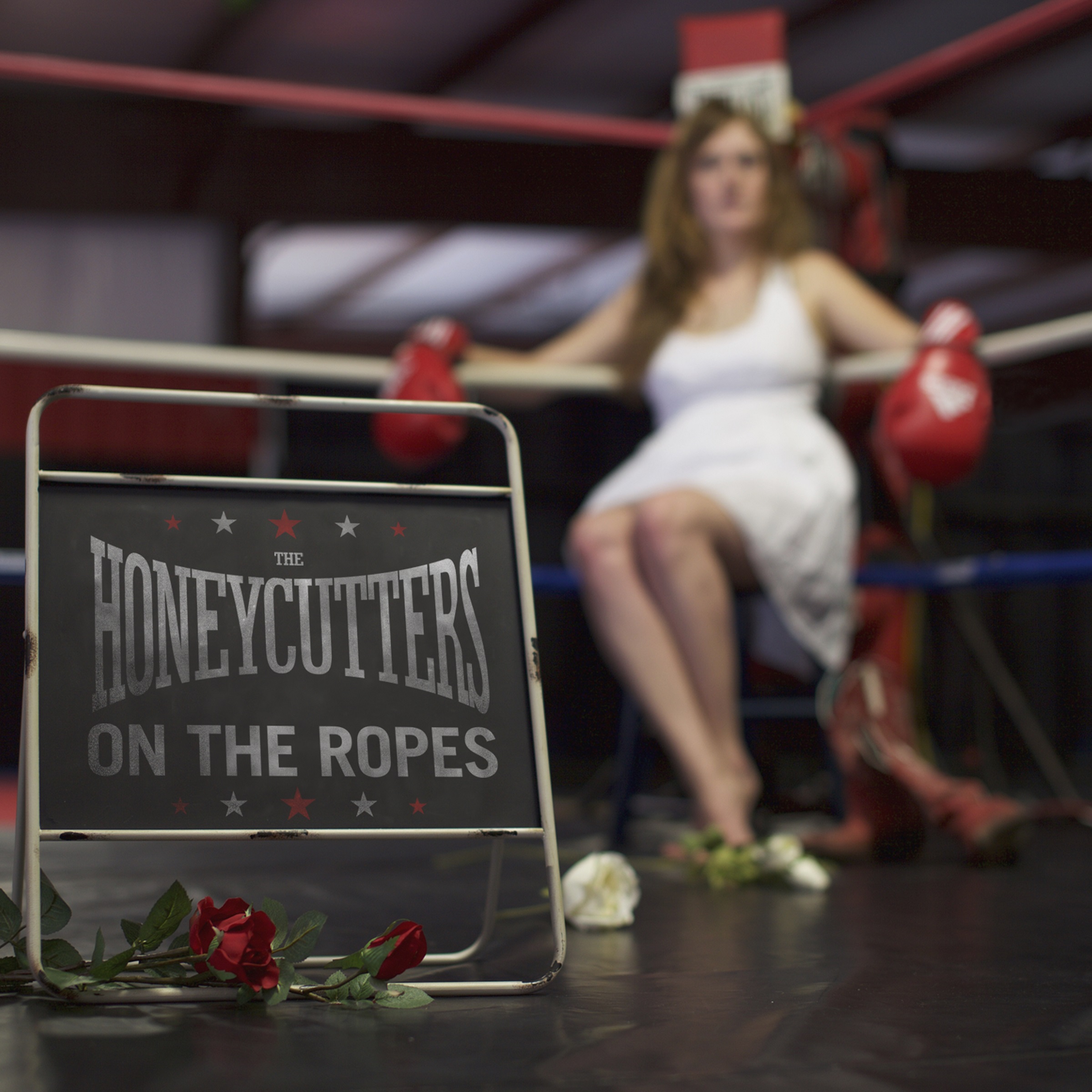
The Honeycutters’ latest album, On the Ropes
Open Mic: I want to ask you about a specific song. I became familiar with your music initially though the song “Golden Child,” which is as beautiful a song as I have heard in years. I love those occasions where when I hear a piece of music for the first time and I stop what I’m doing and just listen to it, and that happened when I heard that song. It is a truly beautiful tune. So as an example of how you craft a song, can you maybe tell me a little bit of how that particular song came together for you?
Platt: I got the lyrics first. I think with that one I started with the first verse, “She’s not hard to talk to, is she? Yeah, she makes it easy ’cause she looks like what it is you wanna hear.” Whenever I’m writing a song with the band in mind I think of it in terms of tension and release. Not that these terms are necessarily in my head when I’m writing, but if a verse is very measured or controlled then I’ll want the chorus to be like the big opening of revelatory feeling. So I think I started started writing the verses and then the chorus sort of came all at once. I remember it was like letting the flood gates open a little bit, if that makes sense.
Open Mic: The best songwriters create such vivid imagery, whether it’s a visual scene of a place or maybe just an emotion. The thing that struck me about that particular song was great lyrics. The line I love the most is “the price of winning isn’t worth the lonely that it buys.” That’s one of the best lyrics I’ve ever heard in a song. I think so many people can relate to the competition that happens sometimes in human relationships. I feel very strongly that you can’t be in competition with people that you’re close to because it never works out right. It creates nothing but problems because if there’s a winner then there’s also loser. Do you think about things like imagery when you’re crafting lyrics?
Platt: You know, it’s funny but I don’t think I do. I tend to think more about what the songs really mean when people ask me about them. You know, a lot of times when I’m writing I feel like I’m in…it would be kind of ridiculous to call it a trance-like state – I’m not in a trance – but you know I don’t think too much. Lines kind of fill in where they’re needed, and I feel like sometimes I’m almost just throwing something in there because I need a line. But then I’ll be talking about it and I’m like ‘oh yeah, that line actually ties the whole song together and makes it make sense.’ So it’s like a puzzle for me, in a way just putting things together. I’m grateful for talking about the songs afterwards because that’s when I feel like I understand more about them.
Open Mic: Did you always know you wanted to be a singer/songwriter? And when did you write your first real song?
Platt: I probably finished my first real song at 18 or 19. It’s interesting because for the first few years I was writing and performing my songs, I wouldn’t have owned up to wanting to have that as my identity. I still felt like I had to do something else. I thought I had to get a job, I had to get a college degree. I always felt, you know, the standard path calling me. And even as a kid, I liked the performance aspect of it things, but I was really kind of shy at the same time. I loved musical theatre when I was a little kid, and I was in a few plays but it was still something I wasn’t sure that I wanted. And then when I was a teenager I really wanted to be a singer in a punk band. But I had no shot to make that happen at all. I’m definitely not a bad ass in any sense. And I couldn’t play guitar or anything. So yeah, it’s interesting in that I think it’s something part of me always wanted and I thought I should be doing. But it wasn’t until I was in my early twenties, living in Asheville and playing in a band and somebody said, “You should quit your day job.” I was like, ‘Oh, I guess I’m really doing this now.’ So it was kind of a gradual thing.
Open Mic: Do you usually write alone, or do you prefer collaborations?
Platt: I always write alone. I’ve had a few co-writing experiences, but I haven’t had a really eye opening co-writing experience. Not that they haven’t been good, but I am a pretty solitary writer. I think part of that is pride and part is that I still just don’t feel comfortable putting my ideas together in front of somebody else. I want to marinate on them first. I want to feel like something is complete before I let anybody else hear it.
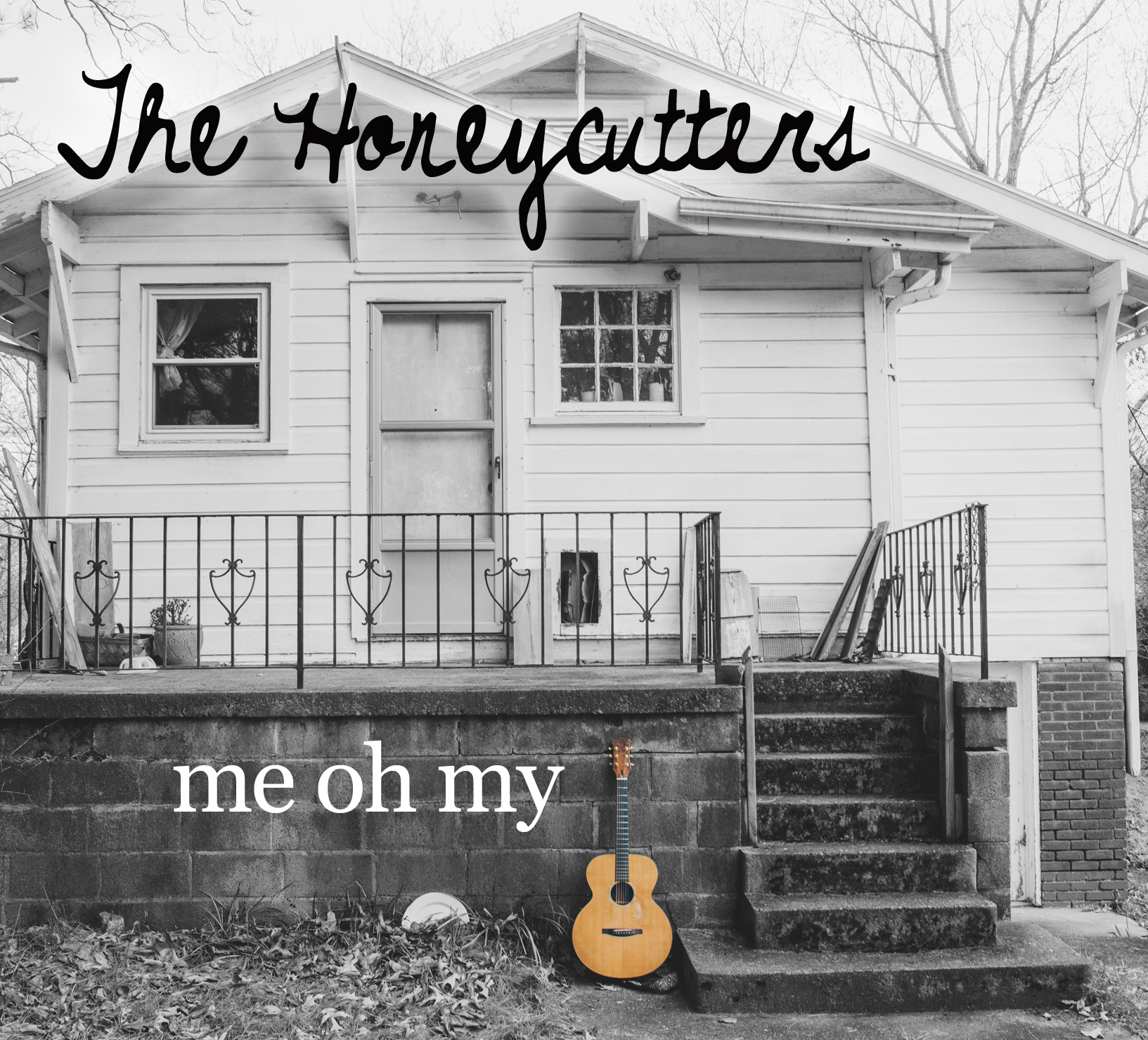
Open Mic: Let me just say how much I can relate to that. In years past I’ve done some partnering on magazine series’ and things like that. I generally do not like it very much. I’m happy at the end to discuss it with anybody but while I’m doing it I really just want to work by myself. Anyway, this goes back to something you were talking about earlier. So many of your songs seem so personal. How much of what you write is based on your own experiences?
Platt: I’m a firm believer that you write what you know in terms of the emotional aspect of things. But I also like to leave a bit of mystery around that because I’m not always writing about my life and I don’t want people to think that I’m always writing about my life. I feel like I have the tendency that when I hear a new album by a songwriter that I really admire and all the songs are really sad, I’ll think ‘oh no, I hope he’s doing okay.’ I try to detach from that because I know that, first of all, when we put out an album some of those songs were written years ago and some were written the day before we went into the studio. In my experience it’s not one big comprehensive picture. But beyond that, what I end up doing is starting with something that I have experienced and is true to me and building more of a story around it. There’s actually a song I wrote recently that might be on our next album which was inspired by someone I know who’s quite a bit older than me. Her husband has been diagnosed with a terminal illness and that’s not an experience I’ve had. I don’t even know the woman that well but I was really bothered by it. So I kind of just accessed an emotion that I had had before, of being with somebody and knowing that our time is going to be ending soon.
Open Mic: What’s the most difficult part of the songwriting process for you? Conversely, what’s the most rewarding?
Platt: I feel like the answer to both of those is the performance aspect of it. For me it’s very rewarding when I’ve written a song and put so much of myself into it, and performing in front of people and somebody looks at me at the end and says “I get that. You know, that song made me feel this and I really liked it and appreciate what you did.” I started writing songs because I have always been pretty shy and kind of closed off, and it was just my way of processing things and trying to connect to other people. And so to have that connection is incredible. At the same time, that means I’m putting myself out there in that way, and when that connection doesn’t happen – oftentimes we’ll have a show and we’ll be playing at some bar where nobody cares – that’s rough. It’s like writing love letters and getting no reply at all, you know? It’s very exposing, and then to not have any kind of reaction is upsetting. It hurts my ego.
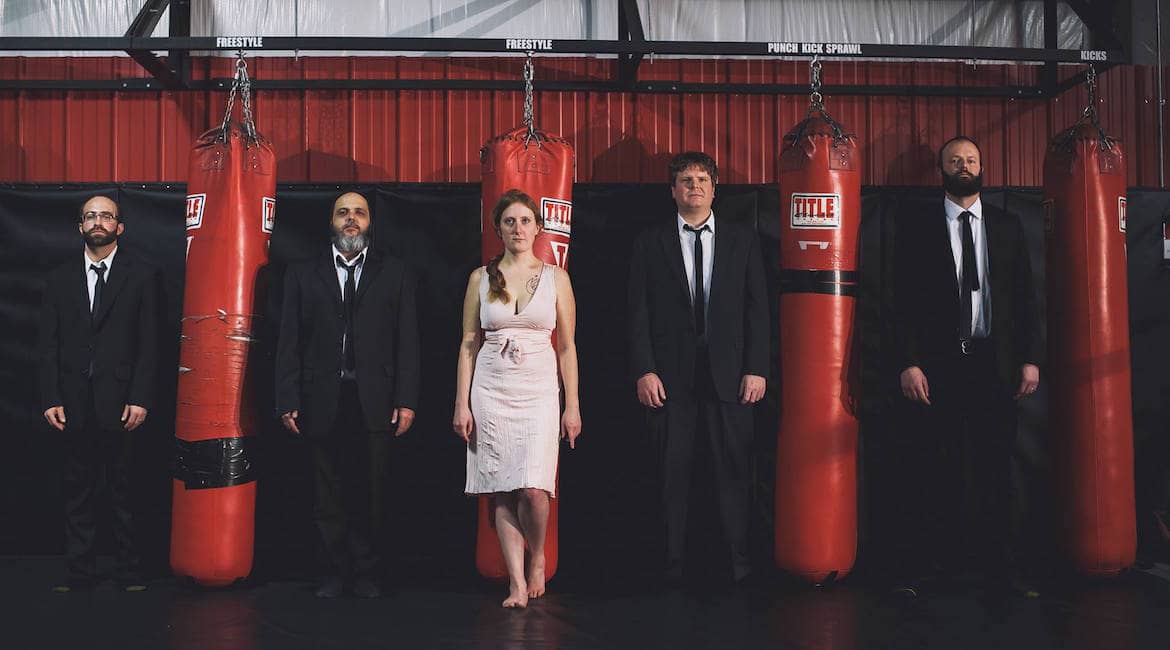 Open Mic: I’m sure it does.
Open Mic: I’m sure it does.
Platt: In terms of the songwriting process itself, I’m in my own little bubble and I always enjoy it because I’m just feeling things and processing life. I’m in my little world and when I get out of that bubble and show other people what I’ve been doing, that’s the scary part for me.
Open Mic: How do you feel you’re songwriting has evolved over the years?
Platt: I’m 30 now and, if anything, I feel like the tone of my songwriting has changed a little bit. I used to write a lot more tongue in cheek. I just feel like I’ve gotten more honest. As I get a little older I also feel more vulnerable, especially with the way the world is right now and everything we see in the news. Every day I just feel very soft, if that makes sense. The things I want out there in the world are like forgiveness, love, peace, all the hippie stuff. I just feel like that’s what I need to believe in for myself right now. That’s also just the shape my songwriting has taken. I feel like I’m growing as a human being. So the songwriting has come along with that.
Open Mic: Who are some of your songwriting inspirations?
Platt: This is always such a tough question for me to answer because I just feel like anyone and everyone could be an inspiration. I was just talking to my brother about this last night. We were 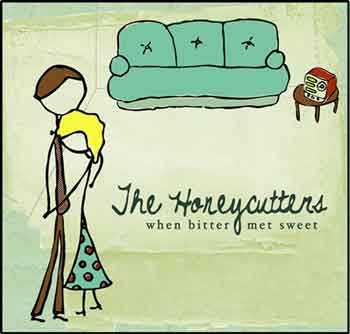 talking about the music that we heard growing up and how our parents didn’t really listen to pop radio, and even though my dad has this incredible record collection I don’t remember him ever putting on a Beatles record. It was pretty much all classic country, bluegrass and blues. And so feel like there’s this base level of that kind of music, and when I think about inspiration I think that’s kind of my jumping off point. But just to rattle off a few names, right now I love Warren Zevon, and Chris Smither because I think he’s a genius. I love Tom Petty, and Gillian Welch and David Rawlings have done some amazing things. I love Lucinda Williams. And then I have some friends here in Asheville that are just amazing and continue to inspire me, you know. My friend Hannah Kaminer is an incredible songwriter, as are my friends Moses Atwood, Taylor Martin and Kevin Smith. These are people that might not be on the national scope just yet but certainly need to be. There’s just so much good writing out there. The problem is there’s also so much mediocre crap. I don’t know, maybe I’m writing mediocre crap too but as a listener, that’s my take on it.
talking about the music that we heard growing up and how our parents didn’t really listen to pop radio, and even though my dad has this incredible record collection I don’t remember him ever putting on a Beatles record. It was pretty much all classic country, bluegrass and blues. And so feel like there’s this base level of that kind of music, and when I think about inspiration I think that’s kind of my jumping off point. But just to rattle off a few names, right now I love Warren Zevon, and Chris Smither because I think he’s a genius. I love Tom Petty, and Gillian Welch and David Rawlings have done some amazing things. I love Lucinda Williams. And then I have some friends here in Asheville that are just amazing and continue to inspire me, you know. My friend Hannah Kaminer is an incredible songwriter, as are my friends Moses Atwood, Taylor Martin and Kevin Smith. These are people that might not be on the national scope just yet but certainly need to be. There’s just so much good writing out there. The problem is there’s also so much mediocre crap. I don’t know, maybe I’m writing mediocre crap too but as a listener, that’s my take on it.
Open Mic: Let me ask you a question along those lines because that was actually going to be my next question. I love all kinds of music, including a lot of old school country. These days I rarely see that same dedication to lyrical quality in the country music we hear on the radio. It all is so formulaic. Every song has got to have the same little elements to it, and if you just close your eyes you couldn’t tell who most of these bands are because they all sound the same. So I guess my question is has the industry lost interest in good storytelling?
Platt: Well, this is such a vast industry and I feel like I could easily get up on a soap box. But you know I feel the need to apologize for saying there’s a lot of mediocre crap out there. Because it all means something to somebody so I don’t want to judge. But since there is so much music now I feel like a lot of people have lost their sense of what is really good. If someone tells you something is good you’re probably going to think ‘oh yeah, this might be good.’ Or if they hear it on the radio, ‘somebody put this on the radio so it must be good.’ I’ll be talking to somebody who hasn’t heard my music and I’ll tell them I’m a musician and they’ll say “are you on Spotify?” When I say yes then all of a sudden it’s like I’m a celebrity. They think that my music must be good because I’m on Spotify, which is ridiculous. But I feel like that’s the attitude and it happens a lot out there. I know people in Nashville who are in the industry and they readily admit that they don’t believe in the music they’re putting out. It’s not very good but for some reason it’s selling.
Open Mic: Which often is all that matters.
Platt: That’s part of the business, and maybe just any business. The business end of things is always going to have a lot of bullshit in it. And I think that people have gotten very cynical in this day and age. They are like “why should I listen to you, why are you any different?” Americana has also become this huge nebulous genre that includes everybody, everywhere. If I tell somebody I’m a singer/songwriter, that I play guitar and I sing songs and I have a pedal steel and a mandolin and bass drums, they say “yeah, you and everybody else.” The only way you can ever really get anywhere and have a sustainable career is really just for people to resonate with what you’re doing, and for that they need to hear what you’re doing. I get so stressed out when I think ‘oh my god there’s so much music out there!’ The only way I ever fall in love with an artist is just to hear them and be like “oh my god this is incredible and it speaks to me and I want everything they’ve ever recorded.” But that takes time, especially when there is so much music out there.
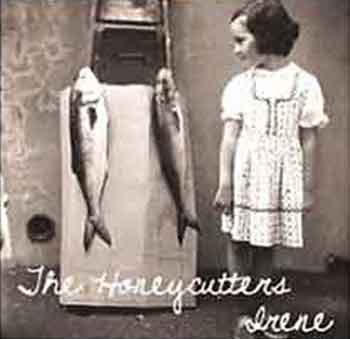 Open Mic: That’s something I hear from a lot of writers as well. There’s more competition than ever before.
Open Mic: That’s something I hear from a lot of writers as well. There’s more competition than ever before.
Platt: Yes, and I feel like there’s these expectations that the names that we know are better songwriters just because we know their names. But all of my friends that I mentioned here in Asheville – and there’s countless more – are not amateurs. They’ve been doing this a long time and they’re very important songwriters even if they’re not known on the national scale. So it would might be surprising to someone that what they have to say might be better than someone you hear on the radio. But I think that a lot of times not having the ego and the pressure of doing it for a living makes for songs that are more pure.
Open Mic: Okay, one final bonus question. I have the power to wave my magic wand and let you have a whole night of hanging out with one of the following people, but only one: Dolly Parton, Johnny Cash, John Lee Hooker or Warren Zevon. I probably know the answer now, but who would you choose and why?
Platt: Well, I think that they all have their own very strong, unique experiences. I feel like me and Dolly would have a fun time, we’d have girl talk and wine coolers or something. I don’t know, I would be intimidated by the idea of hanging out with Johnny Cash or John Lee Hooker. Honestly, I feel like I would have been totally cowed by them and I wouldn’t think of anything to say. And if Warren Zevon were still alive I feel like I would end up in the hospital if I hung out with him.
Open Mic: That would be a distinct possibility.
Platt: Even so, I think I would have to go with Warren.
And there you have it. You can keep up with Amanda Anne Platt and the Honeycutters via their website as well as on Facebook and Twitter. Their music is available on iTunes, YouTube, Amazon and yes, Spotify.

